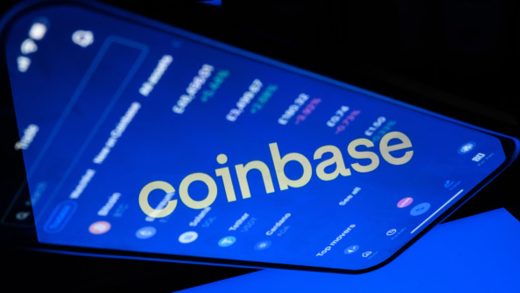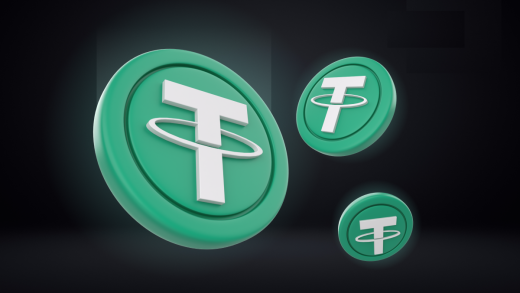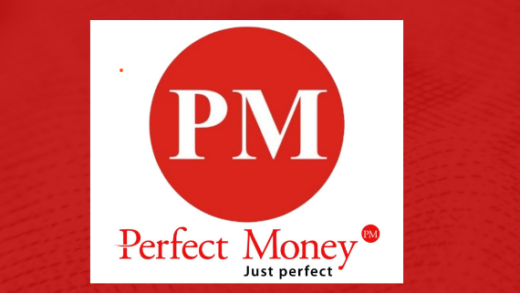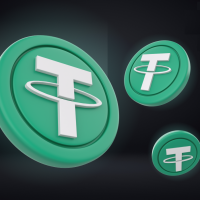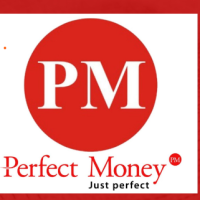In today’s digital world, online payment platforms have become a crucial part of financial transactions, and one of the most popular and widely used platforms is PayPal. Founded in 1998, PayPal has revolutionized how individuals and businesses conduct online payments globally. It allows users to make payments, send money, and receive funds with ease, making it a top choice for e-commerce, freelancers, and international businesses.
This article will provide an in-depth look at what PayPal is, how to register, the platform’s transaction limits, and much more.
What Is PayPal?
PayPal is an American multinational financial technology company that operates an online payments system in most countries that support online money transfers. PayPal serves as an electronic alternative to traditional paper methods like checks and money orders.
PayPal offers multiple features that make it a go-to platform for online payments:
- Ease of Use: PayPal allows users to send or receive money with just an email address and password.
- Global Reach: With services available in over 200 countries and supporting 25+ currencies, PayPal is ideal for cross-border transactions.
- Security: PayPal ensures user data is protected with high-level encryption and two-factor authentication (2FA).
Why Choose PayPal?
Many individuals and businesses opt for PayPal because of its multiple advantages:
- Speed: Transactions through PayPal are quick, often occurring instantly or within a few hours.
- Versatility: You can link multiple payment methods, such as credit cards, bank accounts, and debit cards, to your PayPal account.
- Trust: PayPal is trusted by millions around the globe and is accepted by a large number of online retailers.
- Dispute Resolution: PayPal offers buyer protection, which ensures that you can dispute a charge if you do not receive the item you purchased.
How to Register for PayPal
Creating a PayPal account is simple and can be done within minutes. Follow the steps below to register your account:
Step 1: Visit the PayPal Website
Head over to PayPal’s official website and click on the “Sign Up” button.
Step 2: Choose the Type of Account
You’ll be prompted to choose between two types of accounts:
- Personal Account: Ideal for individual use, including online shopping or sending money to family and friends.
- Business Account: Best for companies, allowing you to send invoices, accept payments, and track transactions professionally.
Select the type of account that suits your needs.
Step 3: Enter Your Information
Once you’ve chosen the account type, you’ll need to fill in some personal details:
- Full name
- Email address
- Password
- Contact information (phone number, address)
Step 4: Link a Payment Method
After entering your personal information, you’ll need to link a payment method such as:
- Bank account: For withdrawing and depositing funds.
- Credit/Debit card: To make purchases or send payments.
Step 5: Verify Your Email
Once your account is created, PayPal will send a verification email to the address you provided. Click the link in the email to confirm your account.
Step 6: Secure Your Account
To enhance security, it’s recommended to enable two-factor authentication (2FA) and set up security questions.
PayPal Transaction Limits
PayPal applies certain limits on transactions, depending on the type of account and whether it’s verified or not.
Unverified Accounts
- Sending Limit: Unverified accounts may have restrictions on how much you can send until you link a bank account or card.
- Receiving Limit: You may face limits on the amount you can receive in your PayPal account before verification is required.
Verified Accounts
- Sending Limit: Once verified, there is generally no limit on how much you can send, though individual transactions may be subject to PayPal’s terms and conditions.
- Receiving Limit: Verified accounts can receive unlimited funds.
Currency Exchange Fees
PayPal allows you to transact in multiple currencies. However, a currency conversion fee applies, typically ranging from 3% to 4% above the base exchange rate.
Transfer to Bank
You can transfer funds from PayPal to your linked bank account, with typical limits depending on your country. For example:
- U.S. users: Usually no limit, but transactions over $10,000 may require additional processing time.
- International users: Limits vary by country and PayPal policies.
PayPal Fees and Charges
PayPal is known for its transparency, but there are fees associated with certain transactions. Below is a breakdown of the most common PayPal fees:
Sending Money to Friends and Family
- Within the Same Country: Free if using a PayPal balance or linked bank account.
- International Payments: Fees range from 2% to 5% depending on the country and currency.
Receiving Payments for Goods and Services
- Domestic Payments: For U.S. users, PayPal charges a standard fee of 2.9% + $0.30 per transaction.
- International Payments: Fees for receiving payments from buyers outside your country typically range from 3.9% to 4.5%.
Currency Conversion
- A 3% to 4% fee is charged when converting currency, on top of the mid-market exchange rate.
Withdrawal Fees
- To a U.S. Bank: Free for standard transfers; an instant transfer incurs a 1% fee.
- To International Banks: Fees vary, with some countries incurring a charge (typically between $1 to $5) for withdrawal.
Benefits of Using PayPal
- Global Accessibility PayPal is available in over 200 countries and supports multiple currencies, making it ideal for international business and freelance transactions.
- Fast and Easy Payments Sending and receiving payments through PayPal is instant in most cases. You can also request payments from clients or customers via an invoice.
- Wide Acceptance PayPal is accepted by millions of websites, including eBay, Amazon (in some regions), and other major retailers, making it one of the most versatile payment options available.
- Secure Transactions PayPal is known for its robust security measures, including encryption, two-factor authentication, and fraud detection.
- Buyer Protection One of the major advantages of PayPal is its buyer protection policy, which helps resolve disputes and ensures that users are refunded if they don’t receive the product they paid for.
- Integration with E-Commerce Platforms PayPal easily integrates with popular e-commerce platforms like Shopify, WooCommerce, and Magento, making it a go-to solution for online sellers.
Common Issues with PayPal and How to Resolve Them
While PayPal is a widely used and reliable service, users may encounter issues. Below are some common problems and their solutions:
Account Limitations
PayPal may limit your account if it suspects suspicious activity. To resolve this, follow the steps provided in PayPal’s email and submit the required documentation, such as proof of identity or bank account verification.
Payment Holds
Sometimes PayPal may hold a payment, especially for new accounts or large transactions. You can prevent holds by verifying your account and maintaining a good transaction history.
Transaction Disputes
If you experience issues with a transaction, PayPal offers a dispute resolution center where you can file claims for non-delivery or unauthorized transactions. Most disputes are resolved within a few weeks.
Refund Delays
Refunds via PayPal can take up to 30 days, depending on the payment method and country. Make sure to check the transaction status on your PayPal dashboard or contact customer support for assistance.
PayPal for Businesses
For businesses, PayPal offers specialized solutions:
- PayPal Business Account: This allows businesses to accept payments from clients, set up recurring payments, and send invoices.
- PayPal Here: A mobile payment solution that allows businesses to accept credit card payments via a card reader connected to a smartphone.
- PayPal Invoicing: A feature that allows businesses to send professional invoices to clients directly from the PayPal dashboard.
PayPal also integrates with several business platforms, enabling seamless payment processing for online stores, services, and even subscriptions.
Security and Fraud Protection
One of PayPal’s strongest selling points is its dedication to security. The platform employs several layers of protection, including:
- Encryption: All transactions are encrypted to ensure data privacy.
- Two-Factor Authentication (2FA): Users can enable 2FA to add an extra layer of security.
- Fraud Detection: PayPal continuously monitors transactions for any suspicious activity.
On the End
PayPal is one of the most trusted and widely used online payment platforms, offering seamless global transactions for individuals and businesses alike. Whether you’re a freelancer, e-commerce store owner, or someone who simply wants a secure way to make online purchases, PayPal provides a reliable, secure, and fast solution.
With an easy registration process, flexible transaction limits, and a wide range of services, PayPal is an essential tool for anyone engaging in online financial transactions.
This article not only covers the fundamentals of using PayPal but is also designed with SEO in mind, incorporating essential keywords such as “PayPal registration




